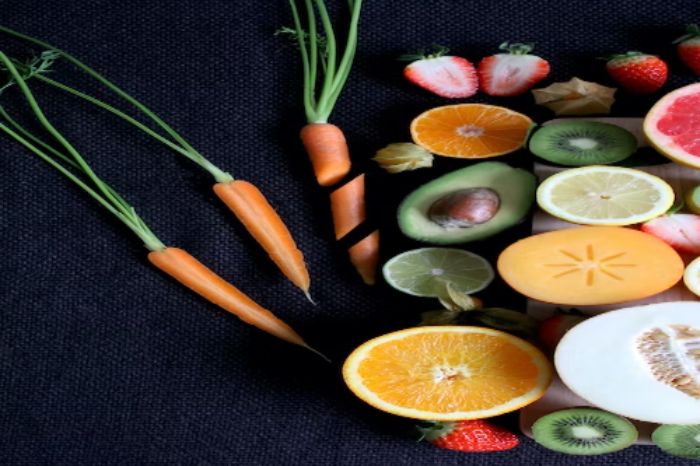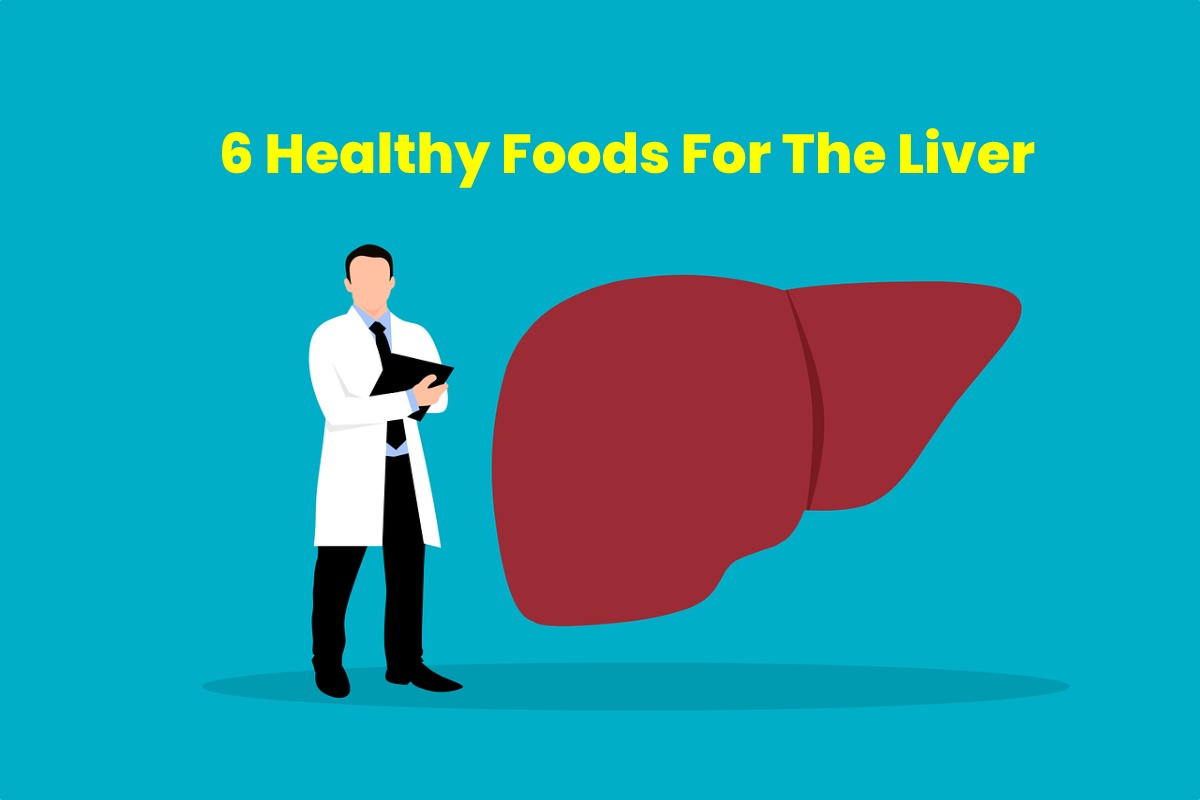The liver is vital in helping your body eliminate toxins. You canister think of your liver as a filtering system that helps remove harmful by-products while helping your body retain nutrients from the food you eat.
However, not all foods serve the same purpose when it comes to liver health. It is especially true if you have a condition like cirrhosis or hepatitis C, making it harder for your liver to filter food and nutrients the way it should.
Eating liver-healthy foods like the ones below can help decrease the damage caused by liver disease.

Table of Contents
1. Avocados
Avocados are staples in many kitchens. Technically, they are part of the berry family and offer many health benefits, including better liver health.
A 2015 study looked at the role of certain foods in people with nonalcoholic fatty liver disease. The researchers found that moderate consumption of avocados as part of a balanced diet is associated with weight loss and overall improvement in liver occupation tests.
People who eat avocados are also extra likely to take a lower body mass index (BMI) and a smaller waist circumference. They also have higher stages of HDL (good) cholesterol. Some of these effects are thought to be related to avocados’ high fiber, healthy oil, and water content.
2. Cafe
Your daily cup of coffee may show an even more critical role in your health than you thought.
When it comes to the health of your liver, some studies suggest that coffee reduces the risk of cirrhosis, cancer, and fibrosis in the liver. In regular, moderate amounts, it can even help slow down the course of existing liver diseases.
The key to these welfares is to drink coffee daily without added sugar or fatty creams. Instead, try low-fat or skim milk, unsweetened soy milk, almond milk, cinnamon, or cocoa powder.
3. Fatty Fish
Fish is an alternative to less healthy meats like fatty cuts of pork and beef. Fish may also provide some underlying benefits for liver health, vibrant types of fish.
Oily or oily fish like salmon may help reduce inflammation and fat buildup in the liver while endorsing a lower overall BMI, rendering a 2015 review. Oily fish also remains high in omega-3 fatty acids, good for heart and brain health.
The study found that oily fish was beneficial in lowering blood fats when spent two or more times per week. If you can’t eat fish, fish oil additions forte remain a choice but ask your doctor or a registered dietitian.
4. Olive Oil
Like avocados, olive oil remains kind to help discount the incidence of liver and cardiovascular diseases when consumed over a long time.
Studies have suggested that olive oil may help reduce liver enzymes that lead to liver disease. In addition, long-term consumption of olive oil can even lower LDL (bad) cholesterol levels and triglycerides in the blood.
Olive oil is high in calories, so percentage control is essential. For example, you can add olive oil to salads instead of fatty dressings, sauté vegetables, or roast root vegetables in the oven with a teaspoon of oil. Olive oil can also kind your meals more filling, so you consume fewer calories.
5. Walnuts
When eaten in small amounts, nuts are a nutrient-dense, healthy-fat snack. In addition to improving cardiovascular health, nuts can also help reduce the incidence of liver disease.
Of all nuts, walnut is among the most beneficial for reducing fatty liver disease. It is due to its higher content of antioxidants and fatty acids. Walnuts have the highest amount of omega-6 and omega-3 fatty acids, as well as polyphenolic antioxidants.
6. Complex Carbohydrates
While you don’t want your entire diet to consist of carbohydrates, you want to make sure you eat a balanced diet that includes carbohydrates, protein, and healthy fats.
Complex carbohydrates are well than simple carbohydrates because they are metabolized more slowly and prevent large fluctuations in insulin levels. Insulin is a hormone involved in sugar and the manufacture of proteins.
Unrefined carbohydrates also have essential nutrients like zinc, B vitamins, and higher levels of fibre, which are vital for a healthy liver and metabolism. The key to making sure you’re selecting the suitable types of carbs is to make sure they’re whole grains.
These are some examples:
- wild rice
- whole wheat bread and pasta
- Integral rice
- whole oats
- rye
- corn
- bulgur wheat
Conclusion
Your doctor or registered dietitian is your best resource for the foods that are right for you. For example, some people with advanced liver disease may not absorb dietary fat and may need to limit cooking oils and fatty fish in their meals. However, as a general rule, whole foods are best for your liver, as well as the rest of your body.
You may also want to contact your doctor if you lose a lot of weight in a short time, despite eating liver-healthy foods. It could mean that your liver is not processing nutrients and calories efficiently. Again, you may be referred to a dietitian who will advise you on any additional changes you need to make to your diet.
Also Read: Relaxing Facial Steam Recipe – Uses And More


